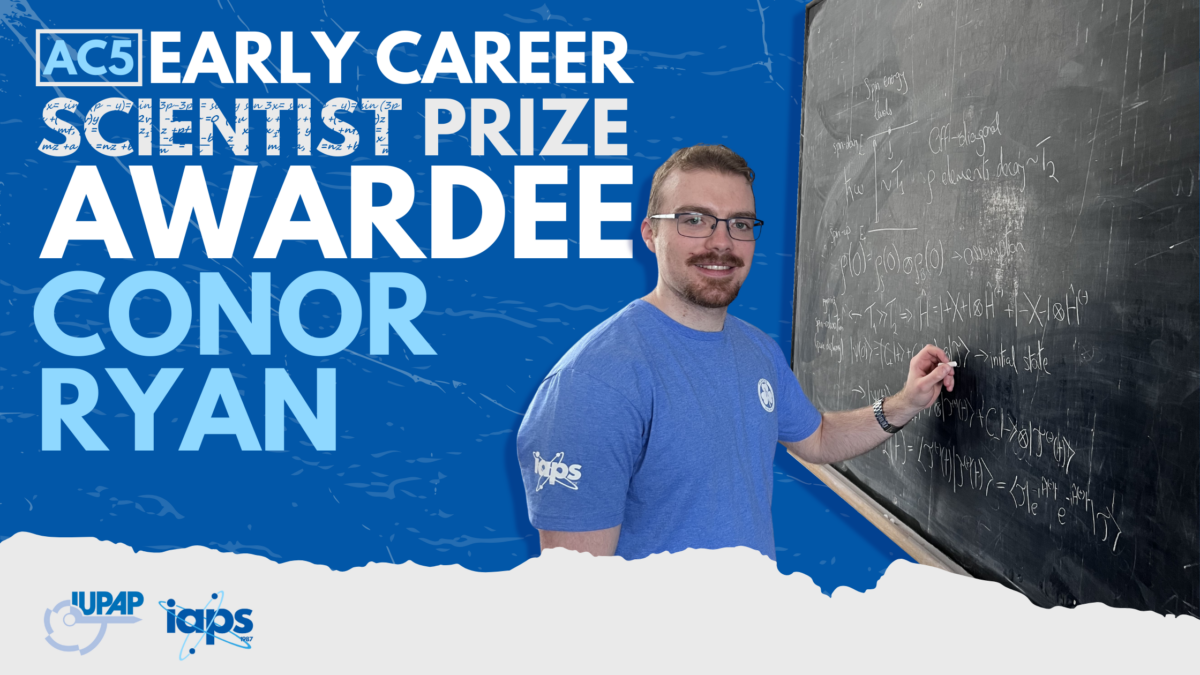The International Association of Physics Students (IAPS), in its capacity as the Affiliated Commission 5 (AC5) of the International Union of Pure and Applied Physics (IUPAP), is thrilled to announce Conor Ryan as the recipient of the prestigious Early Career Scientist Prize.
Since its establishment in 1987, IAPS has been dedicated to fostering international collaboration among physics students, guided by its motto: “by Physics Students, for Physics Students.” The AC5 Early Career Scientist Prize empowers this commitment, celebrating those who demonstrate exceptional dedication and passion for physics within the global youth scientific community.
Celebrating Conor Ryan’s Achievements
Conor Ryan’s journey in physics is marked by academic excellence and impactful contributions to the physics community. Selected as a 2021 Laidlaw Scholar at Trinity College Dublin (TCD) during the COVID-19 pandemic, Conor embarked on a rigorous program to develop leadership skills and undertook a pioneering research project on quantum technology, supervised by Prof. Alessandro Lunghi.
Beyond his research, Conor demonstrated outstanding leadership within the Theoretical Physics Student Association (TPSA), where he played a key role in organizing events, enhancing academic opportunities, and advocating for Ireland’s CERN membership. His efforts lead to the successful hosting of the PLANCKS 2024 finals and the establishment of new roles within TPSA to ensure its lasting impact.
Conor’s second summer as a Laidlaw Scholar took him to the University of Parma, where he advanced his research in quantum technology and engaged in outreach activities, inspiring local secondary school students with workshops on quantum computing. His academic journey continued to flourish as he achieved a first-class grade in his final year research project and was awarded a Gold Medal by the Board of the University of Dublin, Trinity College Dublin.
One of Conor’s notable achievements was his involvement in Ireland’s successful application for CERN membership. Collaborating with academics and political figures, Conor played a vital role in reigniting efforts for membership, emphasizing the future benefits for students and the broader physics community.
Currently pursuing a Master’s in Quantum Science and Technology at TCD, Conor continues to excel academically and serves as an IOP Campus Ambassador.
Message from IAPS President, Cyrus Walther
“We are immensely proud to award the AC5 Early Career Scientist Prize to Conor Ryan,” said IAPS President Cyrus Walther. “Conor’s dedication to academic excellence, leadership, and outreach embodies the spirit of this prize. This is the first year the award has been awarded in this way, and we extend our heartfelt gratitude to IUPAP for their support. I also thank the juries for their diligent work in selecting such a deserving recipient. Together, we are paving the way for the next generation of leaders in physics.”
About the Award
The AC5 Early Career Scientist Prize is a milestone in Conor Ryan’s career, recognizing his exceptional contributions and inspiring continued pursuit of knowledge and engagement in physics.
This award is made possible thanks to the support and funding from IUPAP. We are also grateful to the dedicated juries for their diligent work in selecting such a deserving recipient. The jury members are:
- Chair of the Jury: Prof. James Kneller, Assistant Professor, Physics & Applied Mathematics – Material and Condensed Matter, Northeastern University London.
- Vice Chair of the Jury: Dr. Barbora Bruant Gulejova, Outreach/Lecturer, Particle Physics – Outreach, University of Bern.
- Jury: Prof. Kosmas L. Tsakmakidis, Assistant Professor, Photonics – Metamaterials (Bioengineering), University of Athens.
- Jury: Dr. Sofia Ferreira Teixeira, Postdoctoral Researcher, Nanodevices, CIC nanoGUNE.
- Jury: Dr. Christian Wiebeler, Habilitation Candidate, Computational Biology, Universität Augsburg.
- Jury: Dr. Andreas Tiffeau-Mayer, Lecturer, Computational Biology, University College London.

